Suspended Sentences: Three novellas
Yale University Press (Inbooks), $33.99 pb, 226 pp, 9780300198058
Suspended Sentences: Three novellas by Patrick Modiano translated by Mark Polizzotti
Outside academia, Patrick Modiano was virtually unknown in the English-speaking world before the announcement of his Nobel Prize in October 2014. Since then, no fewer than seven different US publishers have joined the race to bring out Modiano titles, which is gratifying for those familiar with the work of a man ranked as one of France’s great writers for over forty years. It is especially pleasing that Text Publishing has secured the rights for two of the author’s books, due to appear in 2015.
To the credit of Yale University Press, Suspended Sentences had been planned before the Nobel announcement, although the Nobel did lead to an acceleration of publication, and a hugely increased print-run. The translator, Mark Polizzotti, who is publisher and editor-in-chief at the Metropolitan Museum of Art, had impressive experience when he came to Modiano, having already translated more than three dozen works from French, and several by one of France’s most quirky and stylistically complex contemporary writers, Jean Echenoz. Almost all of the preceding Modiano translations – with the exception of Joanna Kilmartin’s Dora Bruder – were lacklustre, lifeless. There remains a danger that some publishers, in attempting to ride the Nobel wave, will simply reissue the flops of yesteryear, rather than seek to meet the benchmark set by Polizzotti, who has found the vitality of voice, pitch, and tone that, in the French, make Modiano’s imaginary world so mesmerising. Polizzotti has also provided a thoroughly researched and readable introduction to the author and the ‘dreamed-up’ autobiographical impulses and strategies that inform his literary creation.
Continue reading for only $10 per month. Subscribe and gain full access to Australian Book Review. Already a subscriber? Sign in. If you need assistance, feel free to contact us.



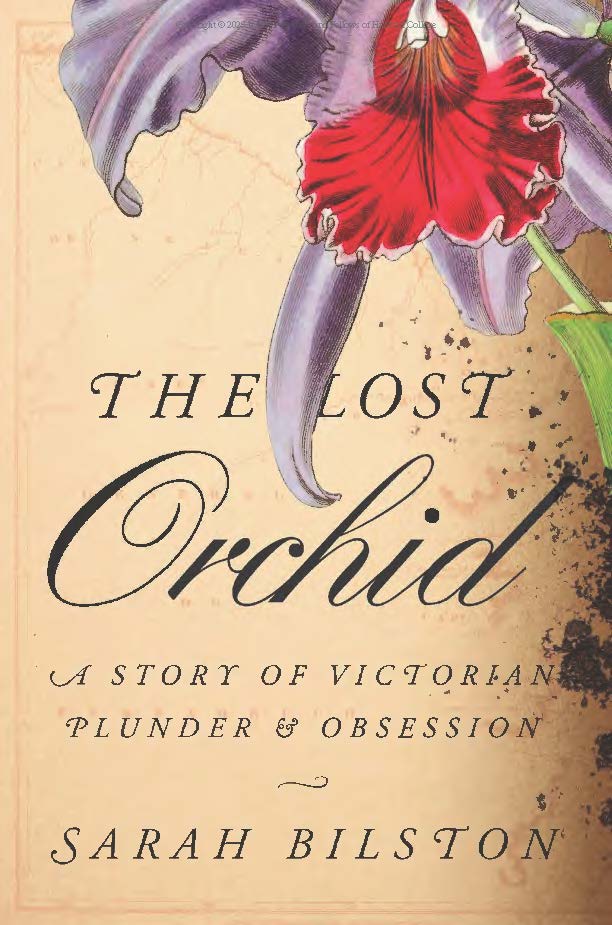

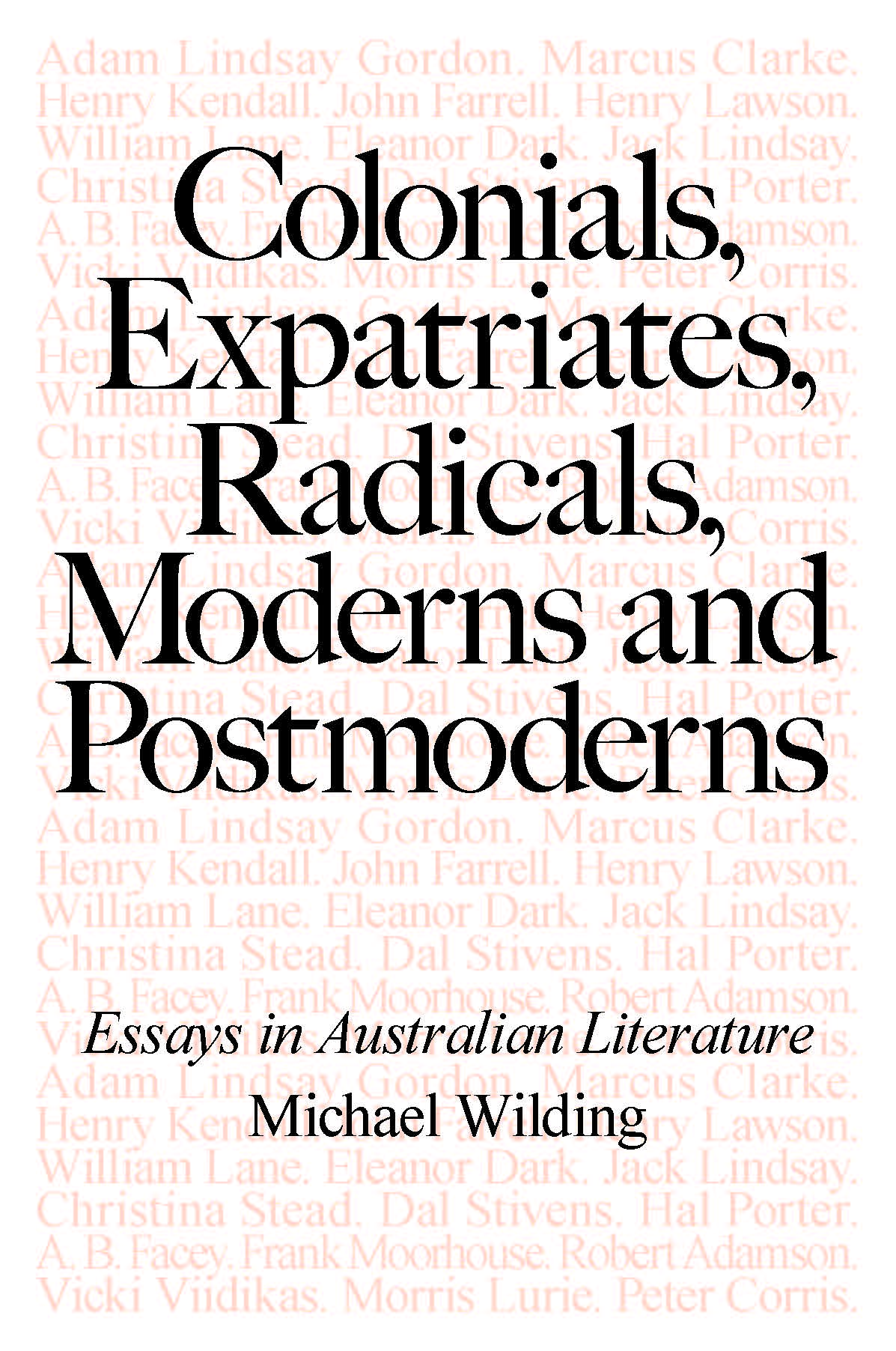
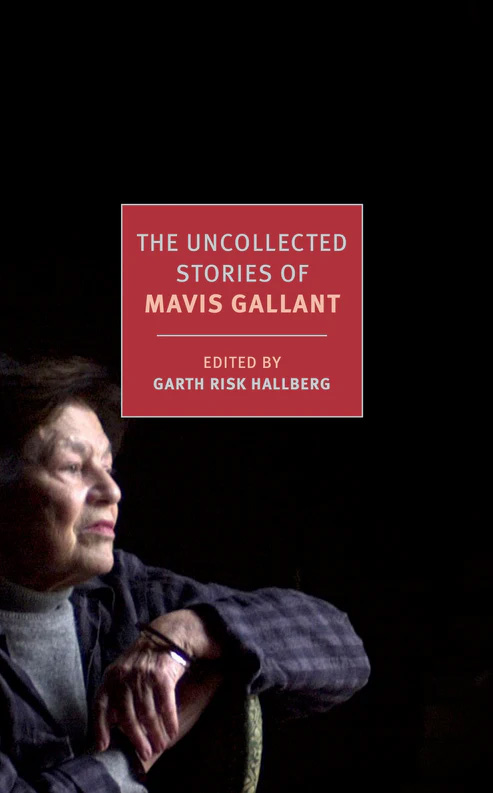
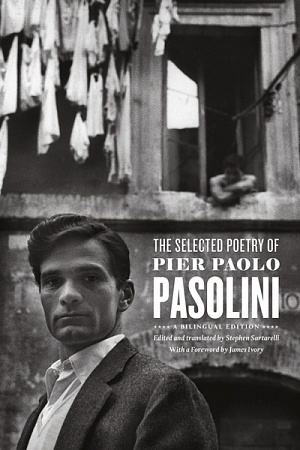
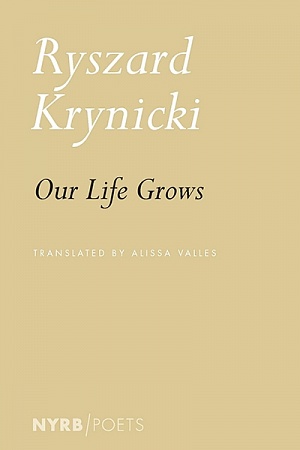

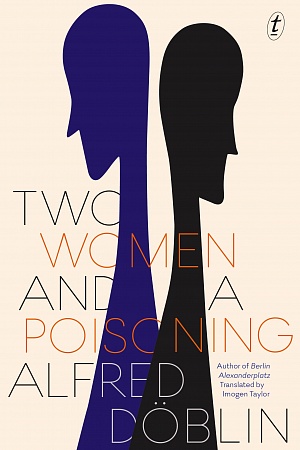




Leave a comment
If you are an ABR subscriber, you will need to sign in to post a comment.
If you have forgotten your sign in details, or if you receive an error message when trying to submit your comment, please email your comment (and the name of the article to which it relates) to ABR Comments. We will review your comment and, subject to approval, we will post it under your name.
Please note that all comments must be approved by ABR and comply with our Terms & Conditions.